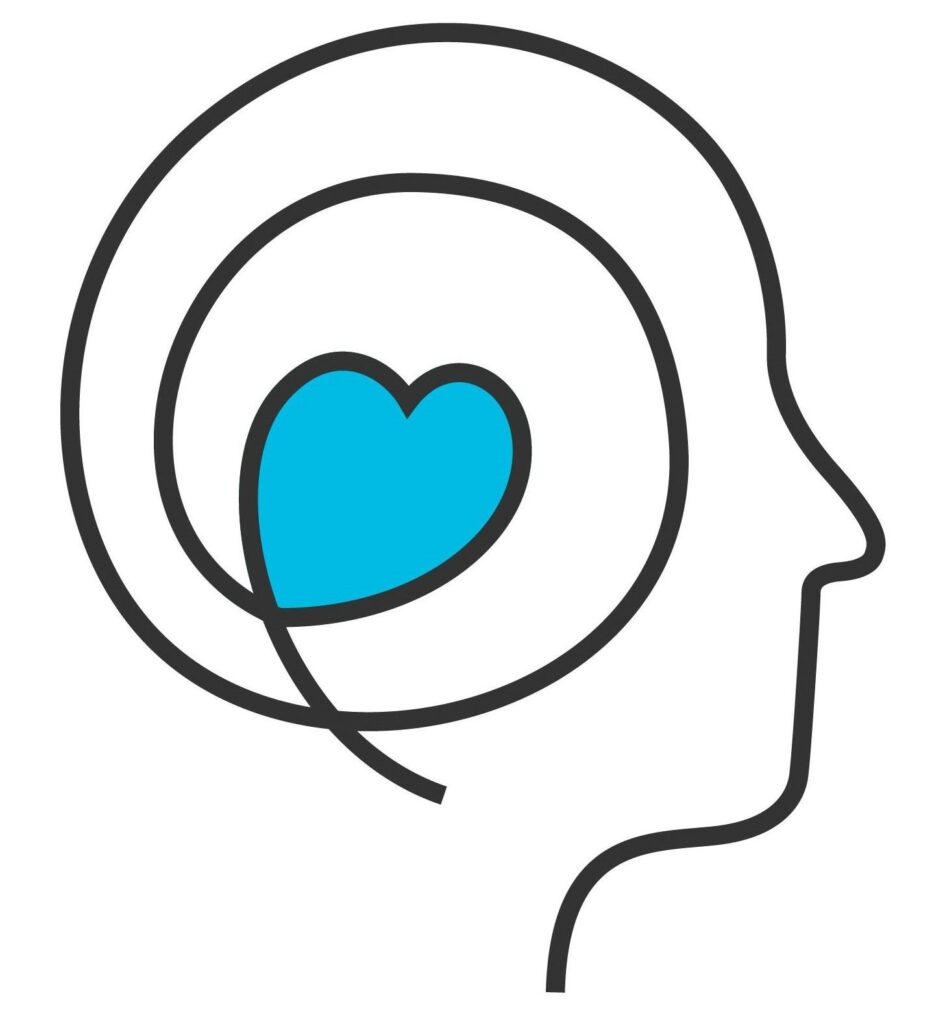Introduction: Depression is a common mental health disorder affecting millions of people worldwide, but for some, the condition proves to be more challenging. Treatment-resistant depression (TRD), also known as treatment-refractory depression, occurs when standard antidepressant treatments fail to alleviate symptoms. This article explores what treatment-resistant depression is, its causes, symptoms, and available treatment options.
What is Treatment-Resistant Depression (TRD)?
Treatment-resistant depression refers to depression that doesn’t improve after at least two different antidepressant treatments at adequate doses for a sufficient amount of time. Unlike typical depression, where medications or therapies may bring significant relief, TRD is marked by a lack of response to conventional treatments like selective serotonin reuptake inhibitors (SSRIs), serotonin-norepinephrine reuptake inhibitors (SNRIs), or psychotherapy.
Common Symptoms of Treatment-Resistant Depression
The symptoms of treatment-resistant depression are similar to those of major depressive disorder but persist despite multiple treatment attempts. These symptoms may include:
-
Persistent sadness or hopelessness
-
Fatigue or lack of energy
-
Insomnia or excessive sleeping
-
Difficulty concentrating or making decisions
-
Feelings of worthlessness or guilt
-
Loss of interest in previously enjoyable activities
-
Physical symptoms such as headaches or digestive problems
If you or a loved one experience these symptoms despite receiving treatment, it’s crucial to seek further evaluation from a healthcare provider specializing in mental health.
Causes of Treatment-Resistant Depression
The exact cause of treatment-resistant depression remains complex and multifactorial. Several factors can contribute, including:
-
Genetic Factors: Research suggests that certain genetic variations may affect how individuals respond to medications, making some people more likely to develop treatment-resistant depression.
-
Chronic Stress or Trauma: Ongoing stress, trauma, or a history of abuse can lead to changes in the brain’s structure and function, affecting its response to treatment.
-
Co-occurring Mental Health Disorders: People with anxiety disorders, bipolar disorder, or personality disorders may experience a more resistant form of depression that doesn’t respond well to standard treatments.
-
Biological and Neurochemical Factors: Disruptions in neurotransmitters (like serotonin, norepinephrine, and dopamine) are often involved in depression, but in some cases, the brain’s chemistry may not respond to traditional medications.
-
Medication Non-Adherence: Sometimes, the issue lies in a patient’s ability to consistently follow a prescribed treatment plan, leading to inadequate results.
Treatment Options for Treatment-Resistant Depression
While treatment-resistant depression is undoubtedly challenging, there are numerous advanced treatment options available today. These can be tailored to each individual’s needs, and include:
1. Medication Adjustments
-
Augmentation Therapies: Adding another medication to enhance the effects of the antidepressant, such as antipsychotics (like quetiapine), mood stabilizers, or thyroid hormones.
-
Alternative Antidepressants: Trying different classes of antidepressants, such as tricyclic antidepressants (TCAs) or monoamine oxidase inhibitors (MAOIs), which might be effective when SSRIs or SNRIs fail.
-
Ketamine: Ketamine, particularly in the form of esketamine nasal spray, has shown promise for rapidly alleviating symptoms of TRD by targeting glutamate receptors in the brain.
-
Electroconvulsive Therapy (ECT): For severe cases of TRD, ECT is an option. It involves the application of electrical currents to the brain under anesthesia and has been proven to provide significant relief for many patients.
2. Psychotherapy
-
Cognitive Behavioral Therapy (CBT): CBT can help individuals reframe negative thinking patterns and develop coping strategies. For some individuals with TRD, combining CBT with medication has proven effective.
-
Interpersonal Therapy (IPT): Focusing on improving personal relationships and social functioning, IPT can be a valuable tool for those whose depression is rooted in interpersonal stress.
3. Transcranial Magnetic Stimulation (TMS)
Transcranial magnetic stimulation involves using magnetic fields to stimulate nerve cells in the brain, particularly in the areas associated with mood regulation. TMS is FDA-approved for the treatment of TRD and is non-invasive with minimal side effects.
4. Vagus Nerve Stimulation (VNS)
VNS involves implanting a device that sends electrical impulses to the vagus nerve, which connects the brain to the body. This form of neuromodulation has shown positive results in reducing depression symptoms for some people with TRD.
5. Lifestyle and Holistic Approaches
While clinical treatments are the cornerstone of managing TRD, lifestyle changes can play an important role in improving mental health. These include:
-
Regular physical exercise
-
Mindfulness meditation
-
Adequate sleep hygiene
-
Nutritional therapy, including omega-3 fatty acids and folate-rich foods.
Support for Individuals with Treatment-Resistant Depression
Living with treatment-resistant depression can feel isolating, but support is available. Peer support groups, online communities, and therapy can provide essential outlets for sharing experiences and learning coping strategies. It’s important to remember that recovery is possible, even if it takes time and multiple attempts to find the right combination of treatments.
Conclusion
Treatment-resistant depression (TRD) is a serious and complex condition that can significantly impact an individual’s quality of life. However, with advances in medical research and treatment options, there is hope for those who struggle to find relief from traditional antidepressant medications. Whether through medication adjustments, psychotherapy, brain stimulation therapies, or lifestyle changes, individuals with TRD have more resources than ever to manage their condition and improve their well-being.
If you or someone you know is struggling with depression that doesn’t respond to treatment, don’t hesitate to consult with a healthcare provider who specializes in mental health. Together, you can explore a personalized treatment plan to help manage the symptoms and improve overall quality of life.







